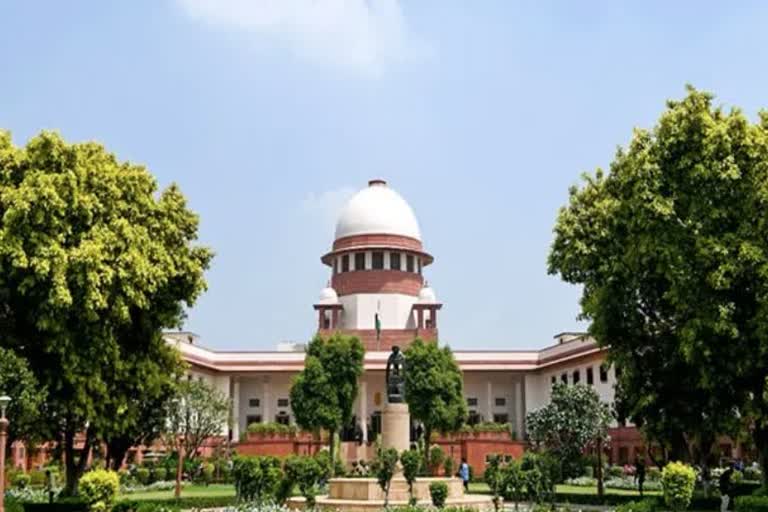New Delhi : Reacting on a petition by the National Commission for Protection of Child Rights that challenged an order by a High Court validating marriage of Muslim girl after 16, the Supreme Court of India sent a notice the Child Rights protection body. The matter will come up for hearing on November 7.
A division bench comprising Justices Sanjay Kishan Kaul and Abhay S Oka appointed Senior Advocate R Rajasekhar Rao as an amicus curia for assistance on the issue.
Appearing for the NCPRC Solicitor General of India Tushar Mehta said, "Please stay these two paragraphs of the impugned order", the SG said. SG Tushar Mehta said that it is a "serious issue" in view of the impact on the ban of child marriages and also the POCSO Act”.
Though the bench didn’t give a stay but said, "How will anybody follow this? We are saying we will examine the issue. Let us hear the amicus and we will hear the matter ".
The matter came to the fore in June this year when the Punjab and Haryana High Court said that a Muslim girl over 15 years of age is competent to marry a man of her. Holding that the "marriage of a Muslim girl is governed by the Muslim personal law", the High Court not only allowed protection to the newly-wed Muslim couple but maintained that the girl who has attained puberty is marriageable under the law.
The girl in the case is over 16 years of age, while the husband is over 21 years old. The couple had filed a protection plea, citing fear to their life and liberty at the hands of their kin.
"The law, as laid down in various judgments cited above, is clear that the marriage of a Muslim girl is governed by the Muslim Personal Law. As per Article 195 from the book 'Principles of Mohammedan Law by Sir Dinshah Fardunji Mulla', petitioner No.2 being over 16 years of age was competent to enter into a contract of marriage with a person of her choice. Petitioner No.1 is stated to be more than 21 years of age. Thus, both the petitioners are of marriageable age as envisaged by Muslim Personal Law"- the court had observed.
Referring to Article 21 of the Constitution, the HC held that the Constitution provides for protection of life and personal liberty. However, the court had clarified that "in any event, the issue in hand is not with regard to validity of the marriage but to address the apprehension raised by the petitioners of danger to their life and liberty".
According to NCPCR's petition, the High Court's ruling is essentially allowing a child marriage and this is a violation of the Prohibition of Child Marriage Act, 2006. The provisions of the Act are secular and applicable to all religions, petition says.
This apart, the judgement is against the spirit of Prevention of Children against sexual offences, 2012 (POCSO), which is also a secular law. As per the legislation, no child below the age of 18 years can give a valid consent.
Child protection laws cannot be seen in isolation with Article 21 of the Constitution guaranteeing the right to life and liberty, the petition further argued.



